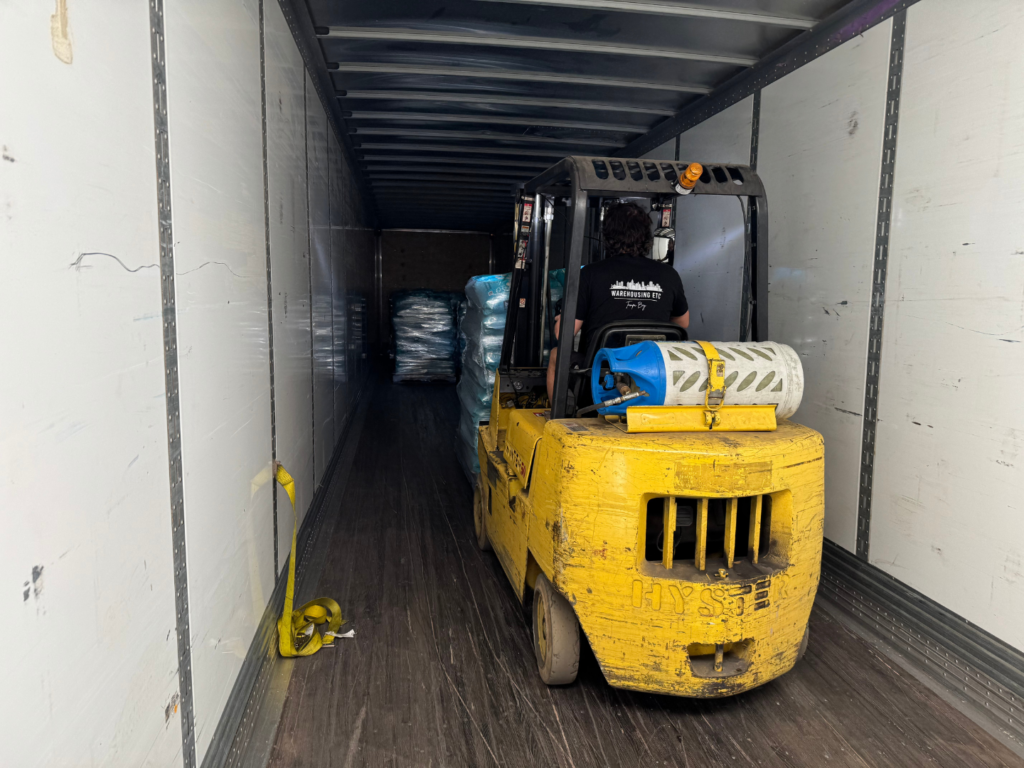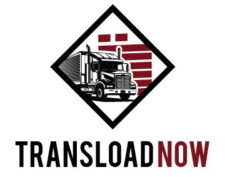Atlanta is a major transportation hub and home to one of the busiest airports in the world, Hartsfield-Jackson Atlanta International Airport. With its extensive infrastructure supporting rail, road and air cargo, Atlanta offers ample transloading facilities to transfer freight between different modes of transportation. Selecting the right facility to meet your supply chain needs is key. This guide provides an overview of transloading services in Atlanta and what to look for when choosing a provider.
What is Transloading?
Transloading refers to the process of transferring a shipment from one mode of transportation to another. It usually involves moving freight between railcars, trucks, ships or airplanes. Transloading enables goods to reach their destination when non-compatible modes are involved in the transportation chain. It also allows shippers to take advantage of the efficiencies and cost savings that each mode offers.
In Atlanta, transloading most commonly occurs between rail and truck transport. Rail is ideal for long haul moves thanks to faster transit times and lower costs. However, the rail network has limited last-mile accessibility. Trucks offer greater flexibility in final mile delivery. Transloading rail cargo to trucks enables end-to-end service.

Top Commodities for Transloading in Atlanta
A variety of commodities move through Atlanta’s expansive transportation infrastructure:
- Automotive – With major auto manufacturing facilities in the Southeast, imported auto parts and vehicles arrive via rail or ship and transload to trucks for final delivery. Domestic vehicle transport also uses transloading.
- Chemicals & Hazardous Materials – Specialized transload facilities offer containment systems, pollution control and waste treatment to safely handle chemicals, gases, oils and other hazardous freight.
- Agriculture & Forest Products – Bulk grains, produce, lumber and other agriculture products are transported longer distances by rail and transloaded to trucks for delivery to food processors, mills and retail locations.
- Intermodal Containers – Standardized shipping containers move between rail, ship and truck seamlessly via intermodal transload facilities. Containers carry anything from retail consumer goods to machinery and industrial equipment.
- Air Cargo – Time-sensitive and high-value air freight can transload to trucks for airport transport or final mile delivery. Medical supplies, electronics, and perishables are common air cargo commodities.
Benefits of Transloading in Atlanta
Using transloading services in Atlanta provides many advantages:
- Cost Savings – Taking advantage of the economies of scale in rail transport and the delivery flexibility of trucks reduces overall freight expenditure. Fuel and labor costs are also minimized compared to single driver long haul trucking.
- Efficiency – Transloading allows longer hauls via time-efficient rail and connectivity to final destinations via trucks. The process happens rapidly via purpose-built facilities and equipment.
- Accessibility – Not all destinations have rail access or airports nearby. Transloading provides the final mile delivery that rail and air cargo lack.
- Scalability – Shippers can easily scale transport requirements whether they have a few pallets or multiple railcars worth of product. Facilities offer customizable solutions.
- Convenience – Using a single provider to coordinate the end-to-end shipment via transloading simplifies logistics. All cargo handling, documentation and billing is centralized.
Key Considerations for Choosing a Transload Provider in Atlanta
With transload facilities located across the metro area, choosing the right provider depends on your cargo needs:
- Location
Facilities should have easy access between rail terminals, interstates, airports and your destinations. Look for providers positioned en route.
- Capacity
Select a transload warehouse with enough physical space, material handling equipment and staff to accommodate your volume needs.
- Specialization
If shipping hazardous materials, oversized cargo, perishables or other specialty items, choose a facility with the right storage infrastructure, containment solutions, refrigeration and regulatory compliance.
- Security
Look for robust security processes, video surveillance, access control systems and fencing to keep valuable freight safe.
- Technology
Providers should use warehouse management systems and data integration to ensure inventory visibility, documentation accuracy and shipment tracking.
- Service Options
In addition to transloading, many facilities offer short and long term storage, fulfillment, packaging and last mile delivery services.
- Experience
An established transload operator with extensive knowledge of freight flows and transportation modes specific to the Atlanta market is advantageous.
Finding the Perfect Fit
Atlanta’s sprawling transportation infrastructure allows shippers to take advantage of the region’s strengths as an intermodal cargo hub. However, that means there are lots of transload facility options to choose from. Defining your specific cargo, destination, timing and budget needs makes finding the right provider much easier. The result is seamless service integration at the best price point to keep your Atlanta freight moving.
If you are looking to transload freight in the Atlanta area, Transload Now provides an online directory of local transloading and warehousing facilities. Easily search and find locations in the region you need. Click here to find a warehouse now. Then you can book space and manage freight flows efficiently.
